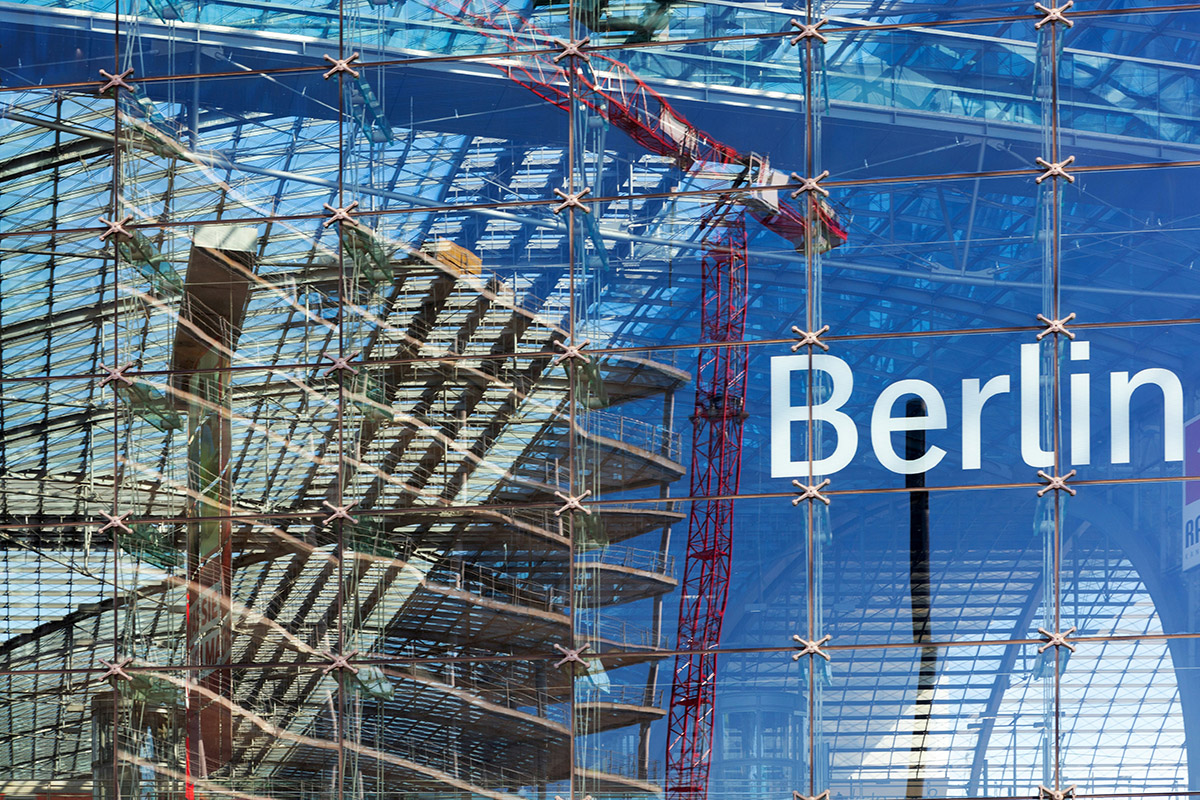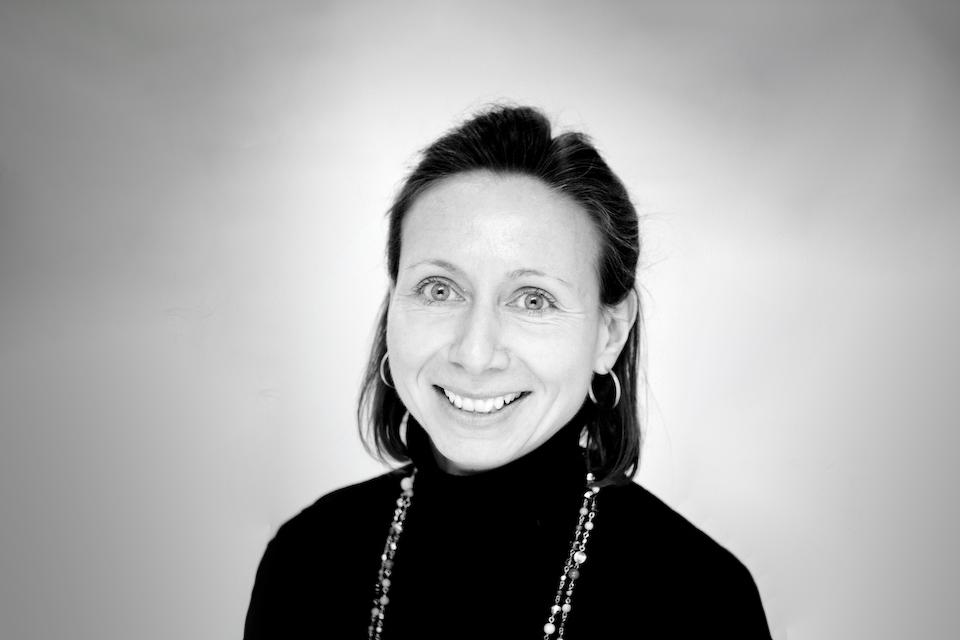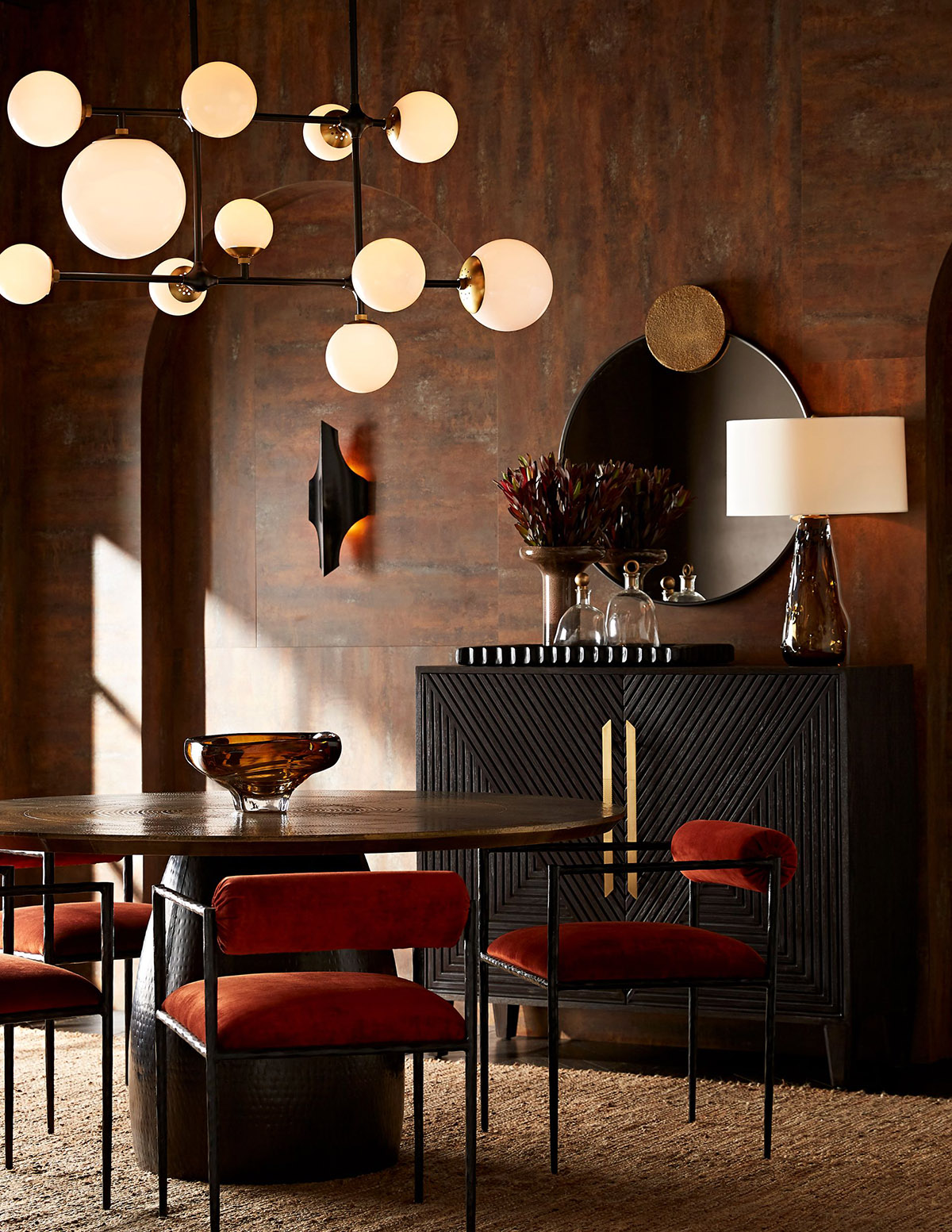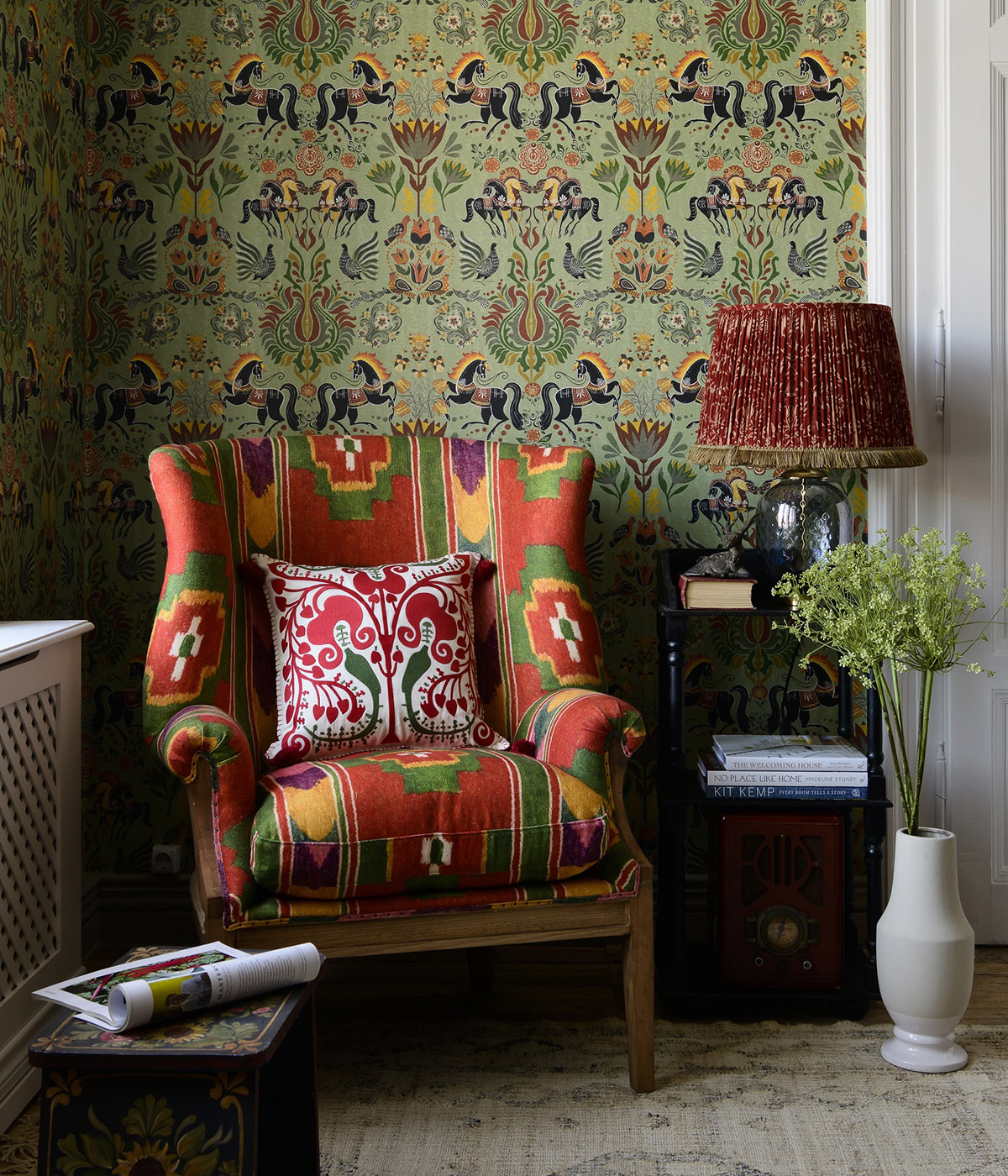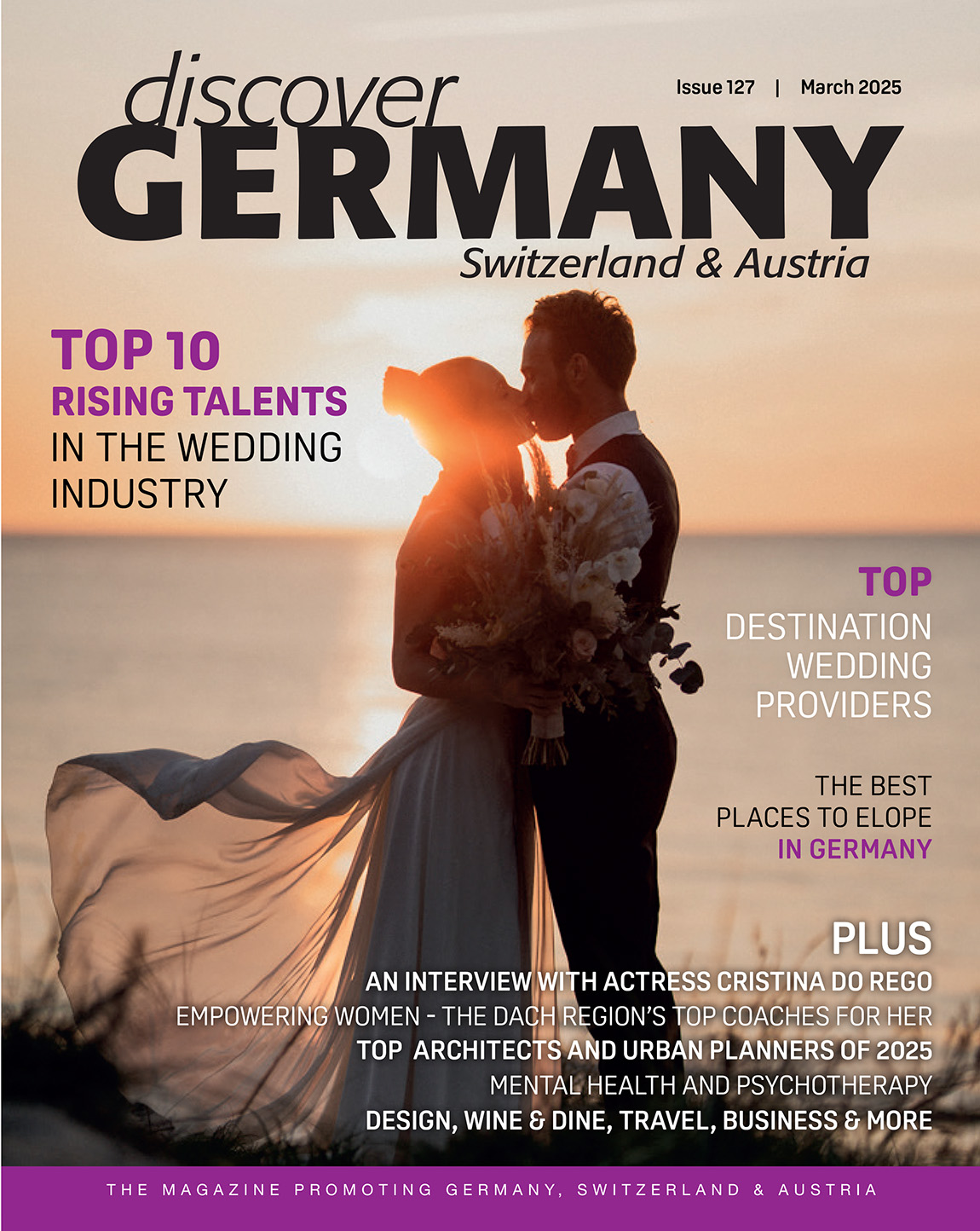Barbara Geier: Keep calm and carry on…
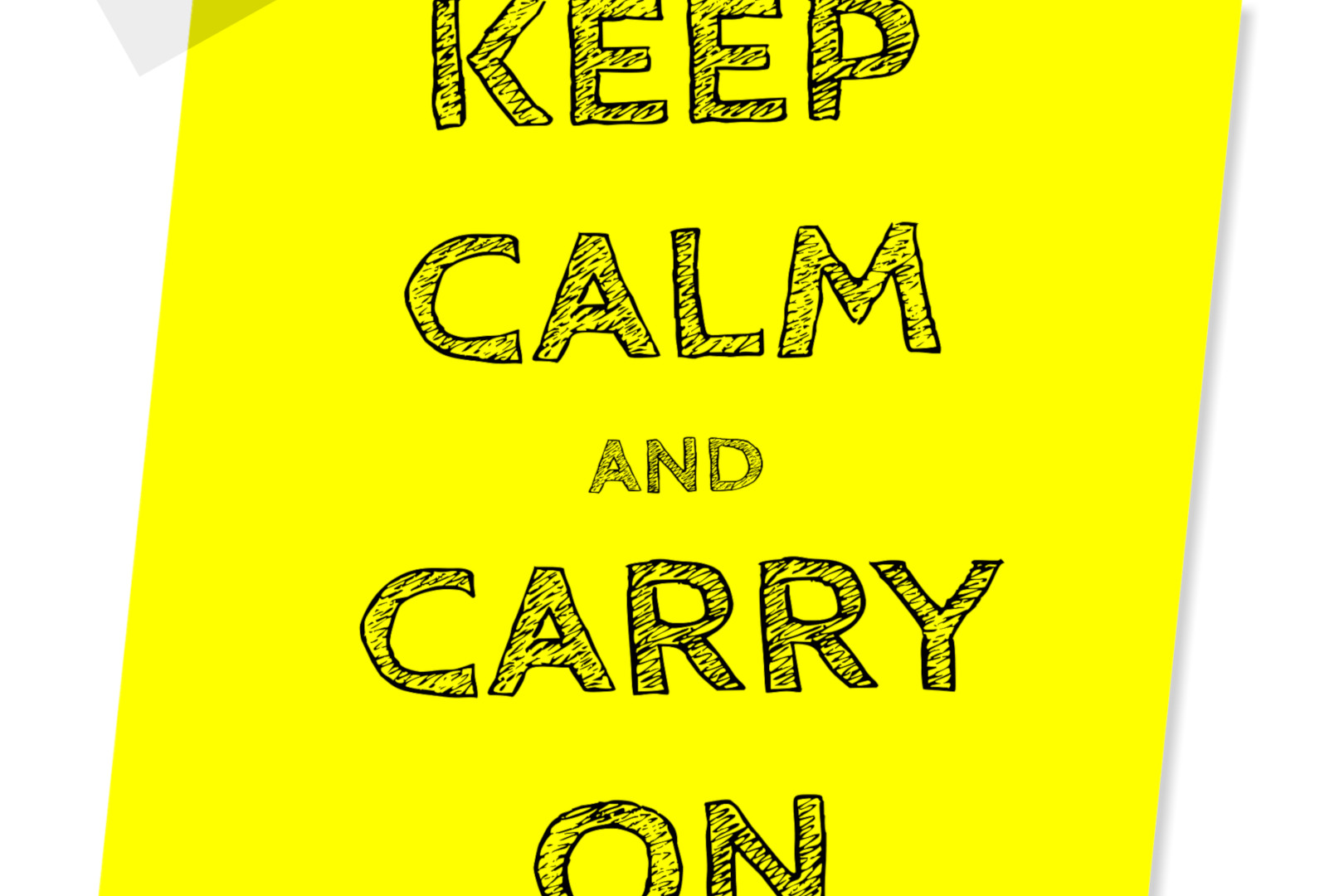
Here we are then, done with 2016. And what a year it’s been. Did I expect at the start of it that the UK would vote to leave the EU? No, I didn’t. Although by the time the referendum was on our doorsteps in June, I had an inkling that it might be going in that direction. So, wasn’t too surprised and at the same type still shocked when I woke up to the news on 24 June. In any case, keep calm and carry on and all that (after all, I’ve learnt something in all my years living here).
At this stage, I wonder if the big exit is ever going to happen and I simply refuse to panic and worry if I might be ‘thrown out’ in god knows how many years’ time. And I also refuse to answer one specific question anymore that German friends, acquaintances and clients confronted me with again and again since the vote: “So, what are you going to do now?” Well, see above, keep calm and carry on…
Which, admittedly, was harder than usual this year considering the many major upheavals on all fronts. And Trump’s triumph at the end as the icing on the cake didn’t much help either. Neither did my discovery that his family is from the same part of Germany as I am, with his grandfather having been born in a small town on the German Wine Route called Kallstadt, a mere 16 miles away from my hometown. Not my fault, obviously, but one almost feels obliged to apologise.
So, at the end of this very special 2016, I was therefore strangely moved by a news story I saw a couple of weeks back about Heinrich Steinmeyer, a former German soldier who left £384,000 in his will to the Perthshire village where he was held as a prisoner of war after being captured in France at the age of 19. He was held in a PoW camp in the small village of Comrie where he was treated with more kindness that he ever expected: “Herewith, I would like to express my gratitude to the people of Scotland for the kindness and generosity that I have experienced in Scotland during my imprisonment of war and hereafter”, as it’s expressed in his will that also states that he wishes the proceeds of the sale of his house and his other assets to be used for the benefit of Comrie’s elderly people.
Steinmeyer, who had stayed on to work on a farm before returning to Germany and remained friends with Comrie residents until he died, was also quoted as saying that the kindness and fairness of the people in the village, which he described as “beautiful”, moved him a lot as the young soldier he was “and I thought, damn it, why did I have to fight in this bloody war?” And that’s the question, isn’t it? That we, unfortunately, have to keep asking ourselves to this day. Why do we always fight those bloody wars, be they real or on the internet or in all the many situations between countries and nations and individuals where everything seems to become ever more confrontational instead of kind and fair.
I guess the story caught my eye because it showed that, one, kindness is always possible and, two, that it is appreciated and actually makes people change how they see others and how they think about them. The way the population of Comrie treated a young German PoW made such as lasting impression on him that he never forgot it, until the end of his very long life. I think that’s a strong statement: enemies can become friends (apologies for the cliché), and we can always find something in common with the people on the other side of the fence. So, here’s to a happy 2017 and a New Year that’s hopefully a bit more kind to us than the one that has just ended.
TEXT: BARBARA GEIER | PHOTOS: PEXELS.COM, BARBARA GEIER
Disclaimer: The views and opinions expressed in this column are those of the author and do not necessarily reflect the official policy or position of Discover Germany.
Subscribe to Our Newsletter
Receive our monthly newsletter by email
